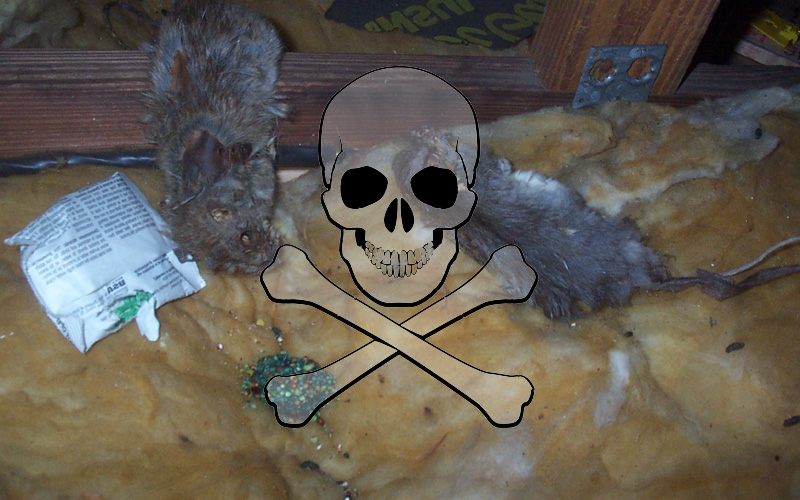

Cats do not respond to these injections as reliably as dogs and thus attempts to induce vomiting may not be successful. In these cases the cat will be given an injection to make them vomit and hence remove most of the poison from the stomach. If you know exactly when the rodent or bait was eaten, it is important to take your cat straight to the veterinary hospital as soon as possible. Treatment options for rat bait poisoning will depend on the time that has elapsed since the cat ate the poisoned rodent or bait. They may have shallow respiration or laboured breathing and possibly a cough if there has been bleeding in the lungs. Symptoms of rat bait poisoning may occur up to 2-4 days after the poison is ingested. The length of time from ingestion to the onset of symptoms can vary considerably depending on how large the dose ingested was and whether the animal has had continuous access to the poison over a period of time. This may be obvious, for example bleeding from the anus or blood in the urine, but more commonly the bleeding is internal and cannot be seen. Bromakil and Rat-attack containing BromadioloneĪnti-coagulant poisons work by interfering with the clotting mechanisms in the blood and therefore cause animals to bleed.Diphacin and Ramik containing Diphasinone.This group of chemicals can be split into two groups: 1st Generation Anti-coagulants: The majority of available rat and mouse bait products in Australia belong to the anticoagulant rodenticide group of chemicals.

Cats will very rarely eat the poison directly however with very inquisitive cats this occasionally can occasionally occur. For this reason even if the poison is kept well out of reach of cats they are not safe from it. The most common way that cats will develop rat bait poisoning is from hunting and subsequently ingesting poisoned mice and rats.


 0 kommentar(er)
0 kommentar(er)
